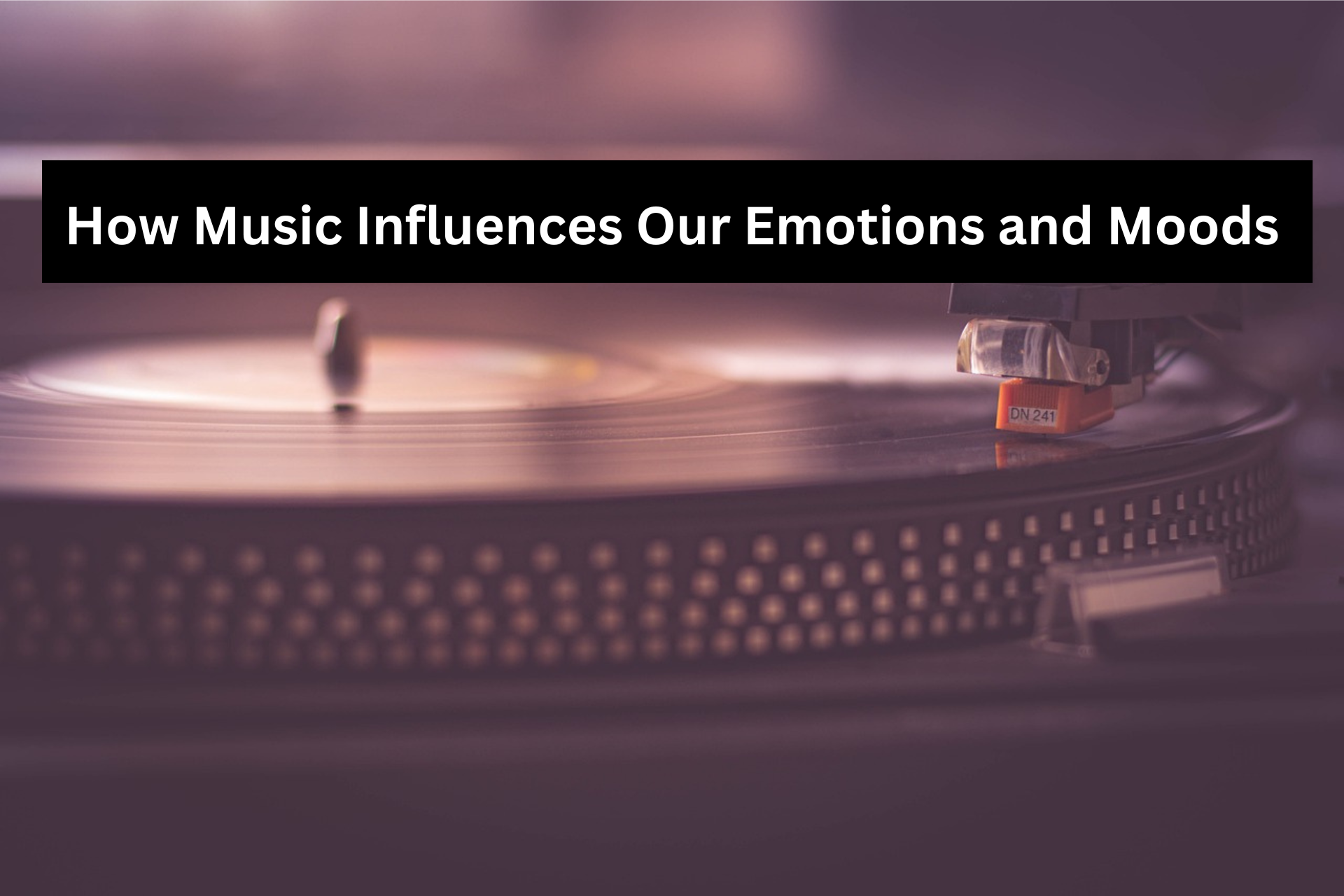Introduction
Music, a universal language, transcends geographical, cultural, and societal barriers. It has the profound ability to influence our emotions and moods, tapping into the deepest recesses of our hearts and minds. This article explores the intricate relationship between music and the human emotional spectrum, examining how different tunes and rhythms can transform our feelings and state of mind. By delving into psychological studies, examining neuroscientific research, and considering cultural perspectives, we aim to unravel the profound impact music can have on our emotional well-being and how it can be harnessed to enhance our daily lives.
The Science of Sound and Emotion
Music’s ability to influence our emotions is no mere coincidence; it is a complex interplay of rhythm, melody, and harmony engaging with our brain’s neural architecture. Researchers have discovered that music activates the brain’s limbic system, which is involved in emotion, motivation, and memory. For example, a study published in the journal Neuropsychologia found that listening to music can release dopamine, a neurotransmitter associated with the pleasure and reward system of the brain.
Moreover, the tempo, volume, and key of music can significantly affect our mood. Fast-paced music in major keys tends to evoke feelings of happiness and excitement, while slow-paced music in minor keys can elicit sadness or contemplation. The interplay of these musical elements with our auditory pathways enables music to act as a powerful tool for emotional regulation.
Emotional Regulation Through Music
One of the primary ways in which music influences our emotions is through its ability to manage stress and anxiety. Calming music, often characterized by slow tempos and predictable rhythms, can reduce cortisol levels, thus helping to alleviate stress. Therapeutic approaches such as music therapy utilize this aspect to help individuals cope with anxiety, depression, and stress-related disorders.
Furthermore, music’s role in enhancing cognitive performance is linked to its emotional effects. Upbeat music can energize listeners and improve concentration during tasks that require sustained attention. Conversely, ambient music can create a soothing environment that helps reduce distractions and enhance focus, particularly in high-pressure environments.
Music and Cultural Emotional Expression
The impact of music on emotions also varies significantly across different cultures, illustrating its role in expressing and shaping societal values and emotions. For instance, Western classical music, with its complex harmonies and varied emotional expressions, contrasts sharply with the pentatonic scales often found in East Asian music, which convey a different set of emotional nuances.
Cultural context can dictate the emotional resonance of certain musical styles and genres. For example, blues music, which originated in the African-American communities in the Deep South of the United States, conveys deep sorrow and longing but also carries undertones of resilience and hope. Understanding these cultural elements can enhance our appreciation of music’s diverse emotional impacts and can be a bridge to understanding and connecting with others.
Practical Applications in Everyday Life
Incorporating music into daily life can be a deliberate strategy for mood enhancement and emotional well-being. Creating playlists for different moods and activities can help harness the emotional power of music to serve specific needs, such as motivation for exercise, relaxation for stress relief, or stimulation for creative processes.
Additionally, businesses and retail environments often utilize music strategically to influence consumer behavior. Background music in stores is chosen to make customers feel relaxed and happy, which can lead to increased dwell time and, potentially, increased sales.
Future Directions in Music and Emotion Research
As we continue to explore the relationship between music and emotion, future research could delve deeper into individual differences in music perception and its emotional effects. Personalized music therapy, which tailors musical interventions to individual emotional and psychological needs, promises to be a fascinating field of study.
Moreover, with advances in artificial intelligence and machine learning, there is potential to develop systems that can predict and respond to our emotional state by selecting music that will most effectively alter our mood or enhance our emotional health.
Conclusion
The profound impact of music on our emotions and moods is an area rich with both historical significance and groundbreaking potential. As we gain deeper insights into this intricate relationship, we can better harness music’s power to enrich our lives, improve our mental health, and foster deeper connections with others. Understanding and utilizing the emotional power of music can not only enhance individual well-being but also build more empathetic and harmonious communities.
In Summary
Music is not just a form of entertainment; it is a potent tool for emotional and psychological healing, a bridge between cultures, and a profound method of personal and communal expression. By continuing to explore and understand how music influences our emotions and moods, we can unlock new ways to enrich our lives and the lives of those around us.
This comprehensive exploration aims to provide insights that will not only engage readers but also inspire them to consider the powerful role music plays in their own lives. By embedding this knowledge into a website, you can attract visitors looking for a deeper understanding of the emotional effects of music and its practical applications, thereby increasing your site’s visibility and relevance.



